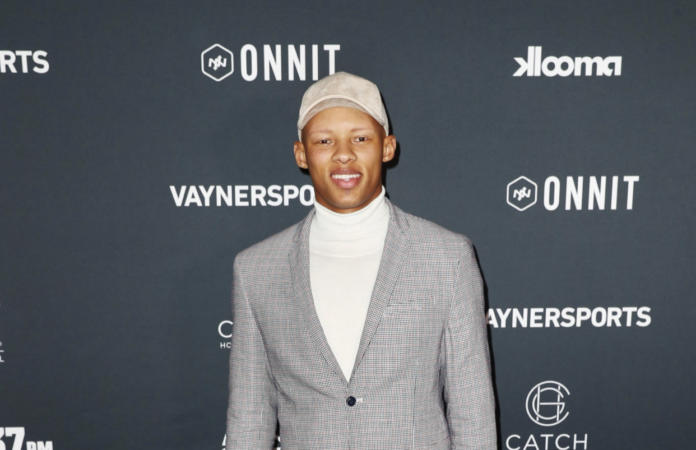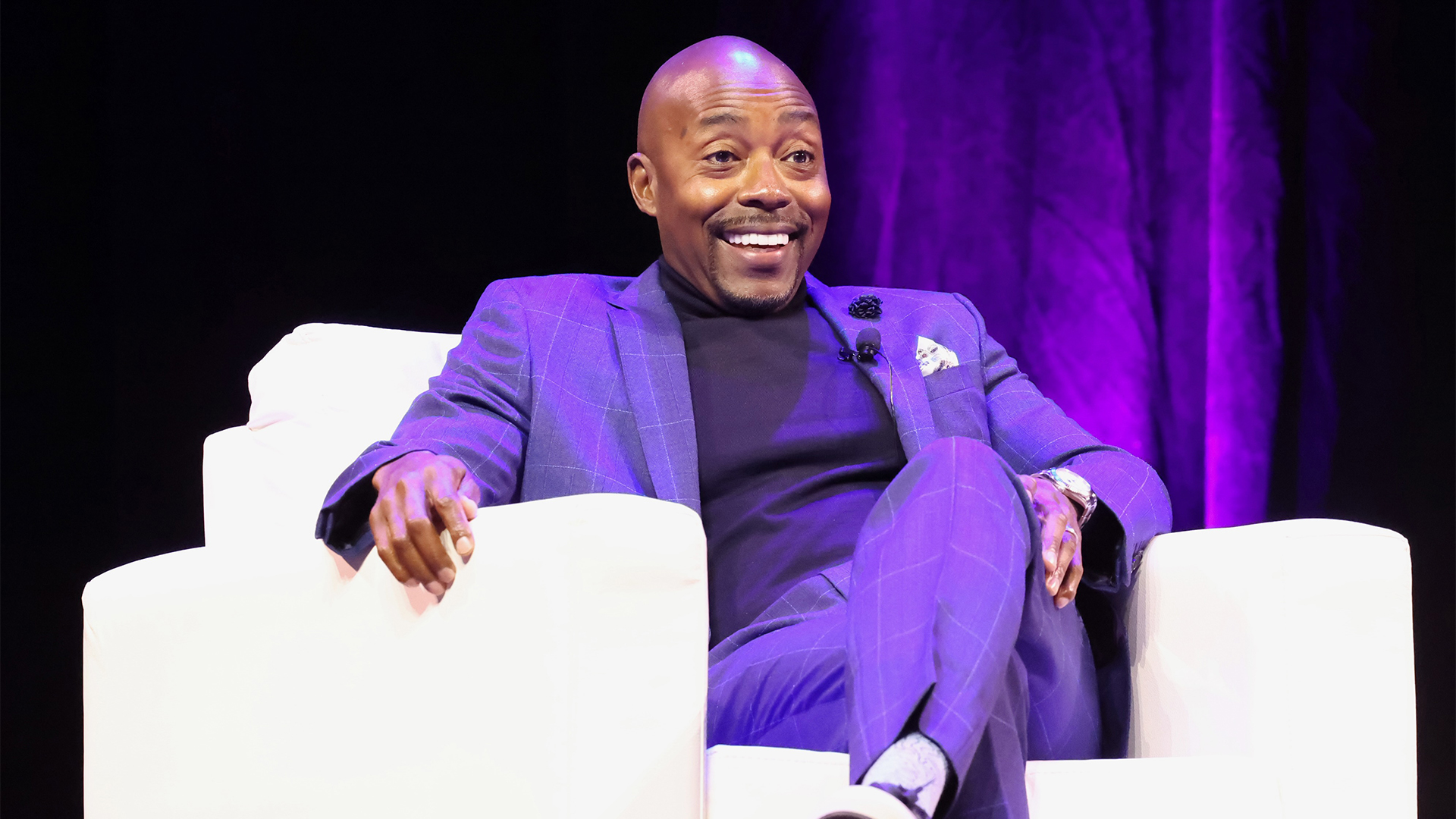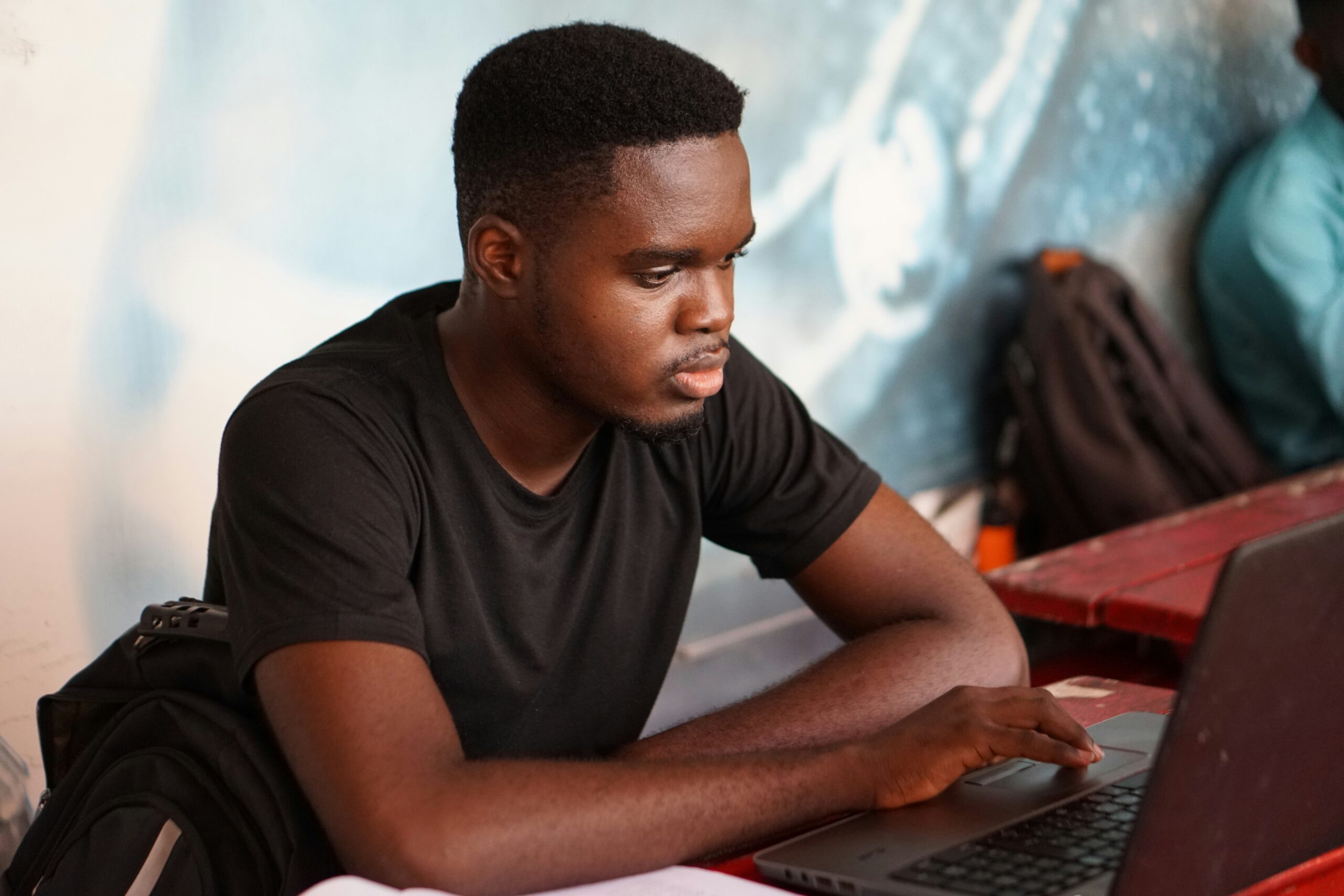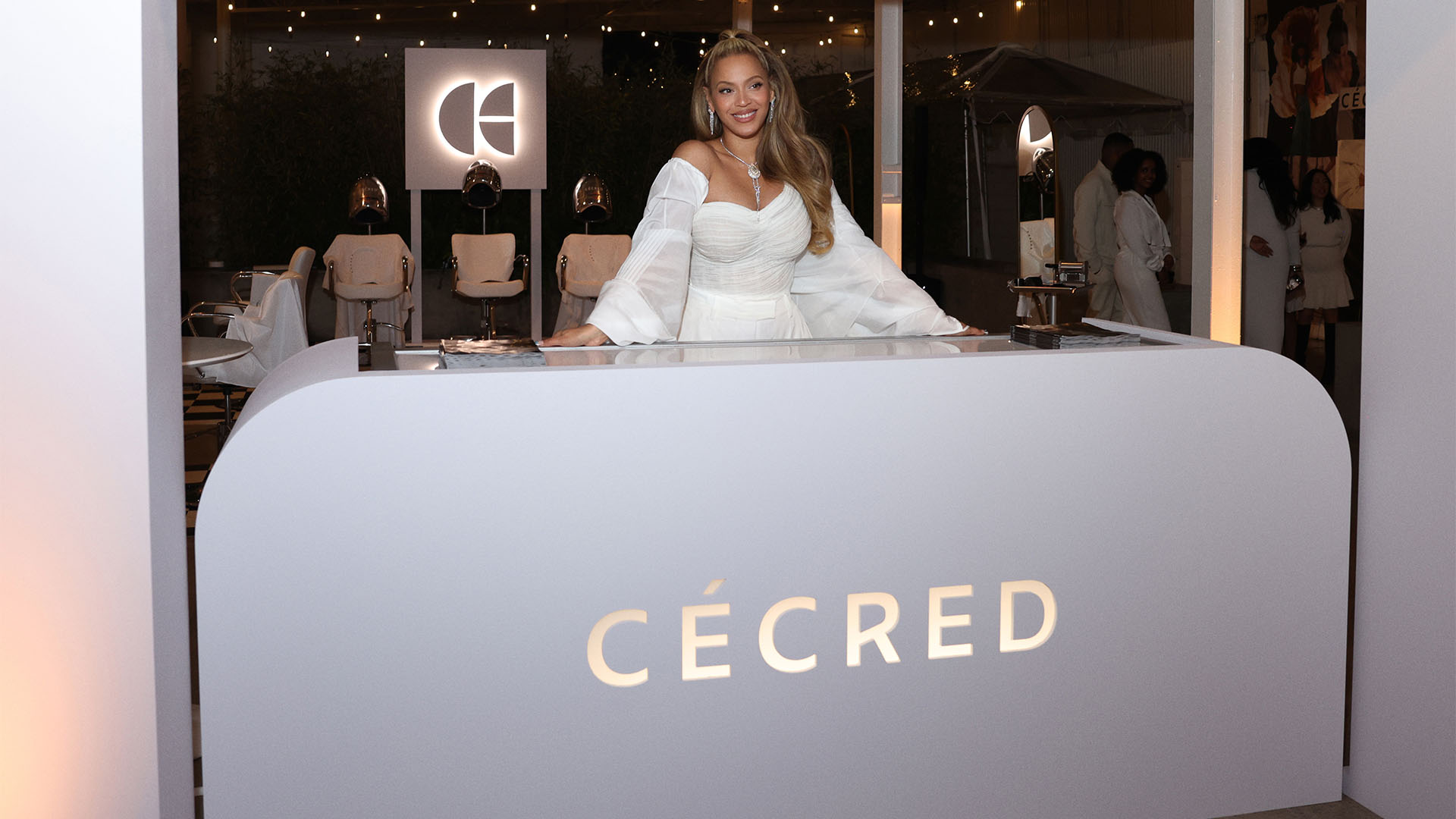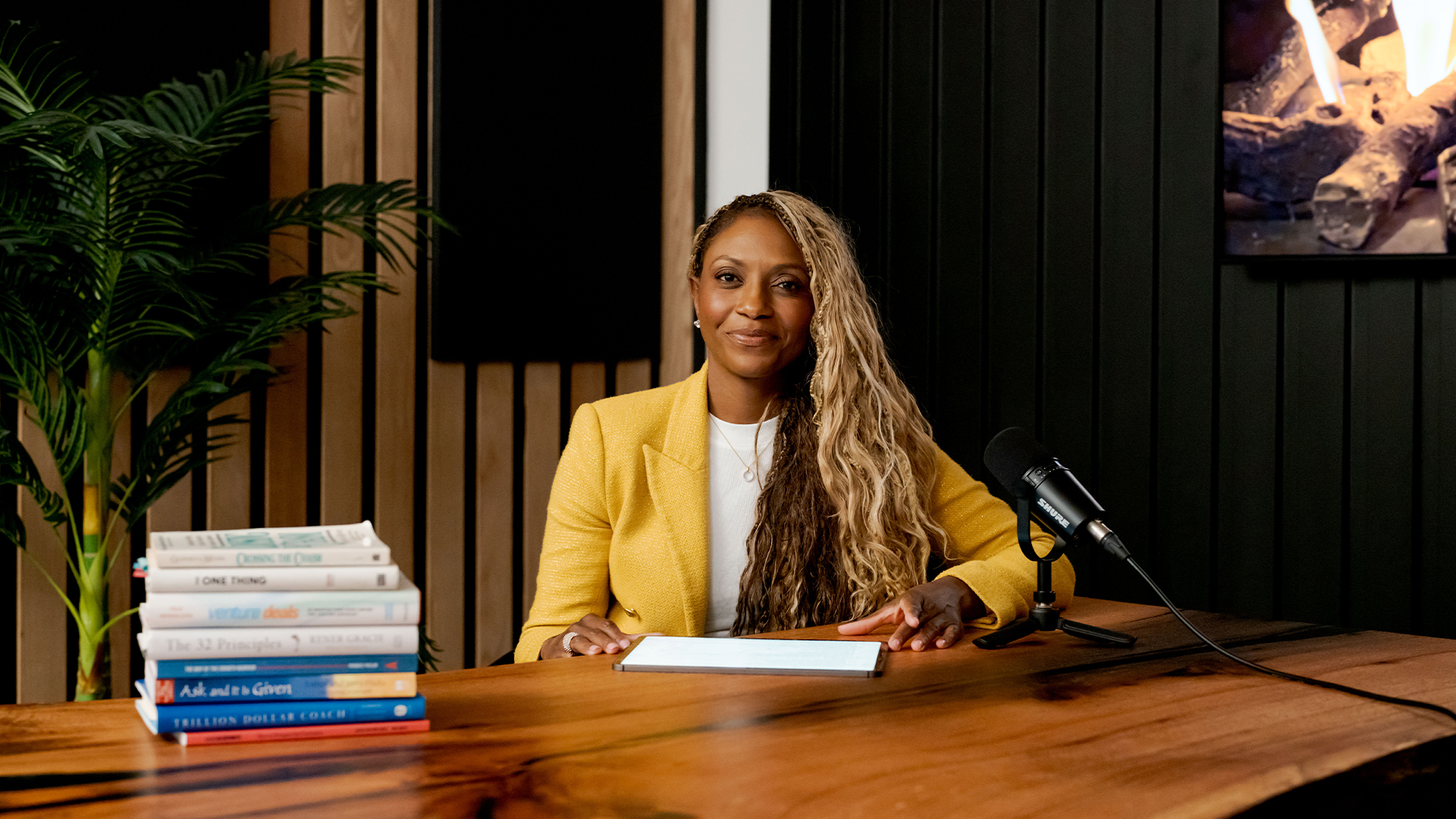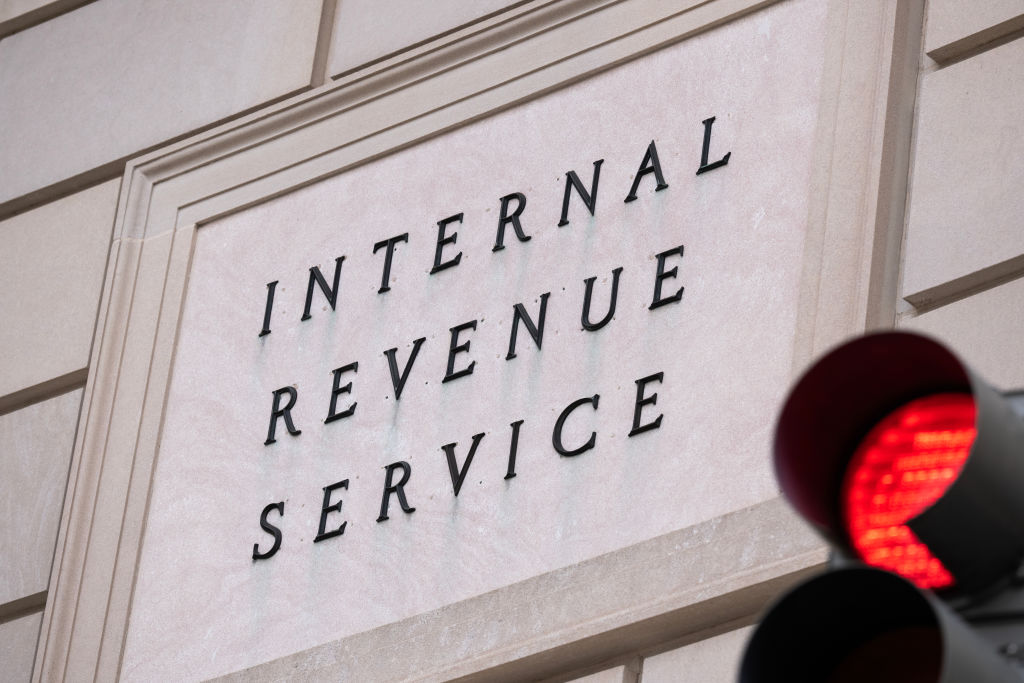The sports world has experienced a major loss in the offseason as COVID-19 continues to threaten regularly scheduled seasons. While some athletes have been trying their best to make the most of their time stuck at home, Jacksonville Jaguars quarterback Joshua Dobbs has spent his offseason working for NASA.
The University of Tennessee alumnus graduated with a degree in aerospace engineering, according to USA Today, and is finding a reason to put it to good use.
For almost three weeks during the month of February — between the Super Bowl and the initial COVID-19 outbreak — Dobbs put his degree into play by participating in an externship program at NASA. During the program, he was able to network with engineers and get a crash course in space travel.
“When you get down there and you see how intelligent people are and how hard they work, just what they are even talking about and are able to pull off, it’s truly amazing,” Dobbs told USA Today. “It was so specialized.”
The program, which is stationed at the Kennedy Space Center in Merritt Island, FL, was initiated by NASA Deputy Director of Engineering Scott Colloredo, who also oversees a staff of over 600 employees. Using their University of Tennessee connection, Colloredo reached out to Dobbs on LinkedIn last year to gauge his interest in the aerospace externship.
“The fact that in his spare time he had the interest and the ability to come work for NASA, we’re very impressed with him,” Colloredo said. “It was pretty unique. But let’s face it: Josh, his approach and the way he’s going about parallel activity between the NFL and becoming an aerospace technologist, that’s pretty unique.”
During his externship, Dobbs worked with Exploration Ground Systems, which is responsible for operating the systems NASA uses to assemble, transport, and launch rockets for governmental flight programs and commercial programs developed by Boeing and SpaceX.
“It felt like every part of Kennedy Space Center kind of wanted to show me what was going on,” Dobbs said about his experience. “Every single day was different, so I got a chance to learn kind of the ins and outs, everything that goes on, and how everything comes together to support the rocket on launch day.”
Dobbs’ time was valued both by him and NASA who are already asking about his return to the program and planning additional initiatives to implement in the future.
“Whether you’re on a football field or down there, it’s a team,” Dobbs said. “At the end of the day for us, we’re trying to win football games, trying to win a Super Bowl. For them, at the end of the day they’re trying to send a rocket to the moon. So everyone has their big goal.”
